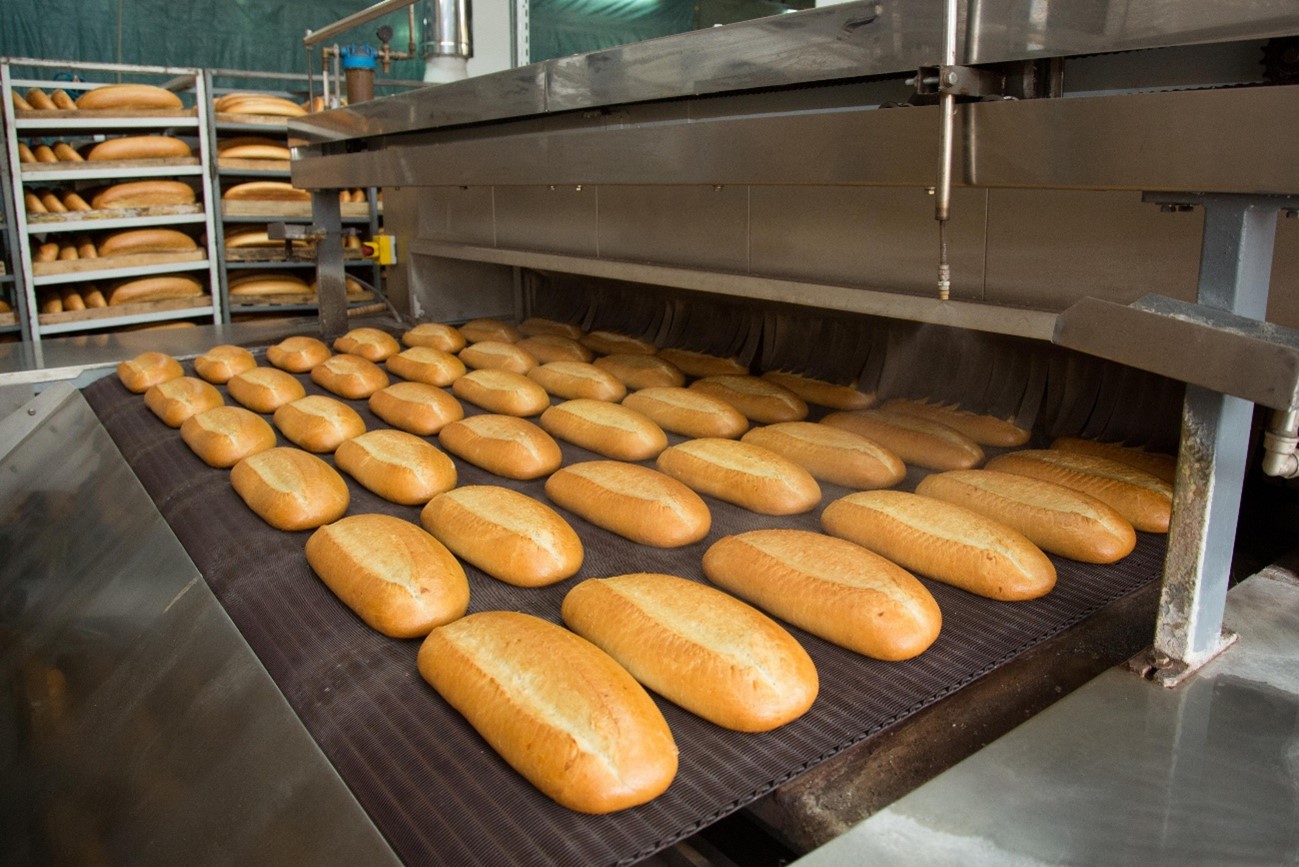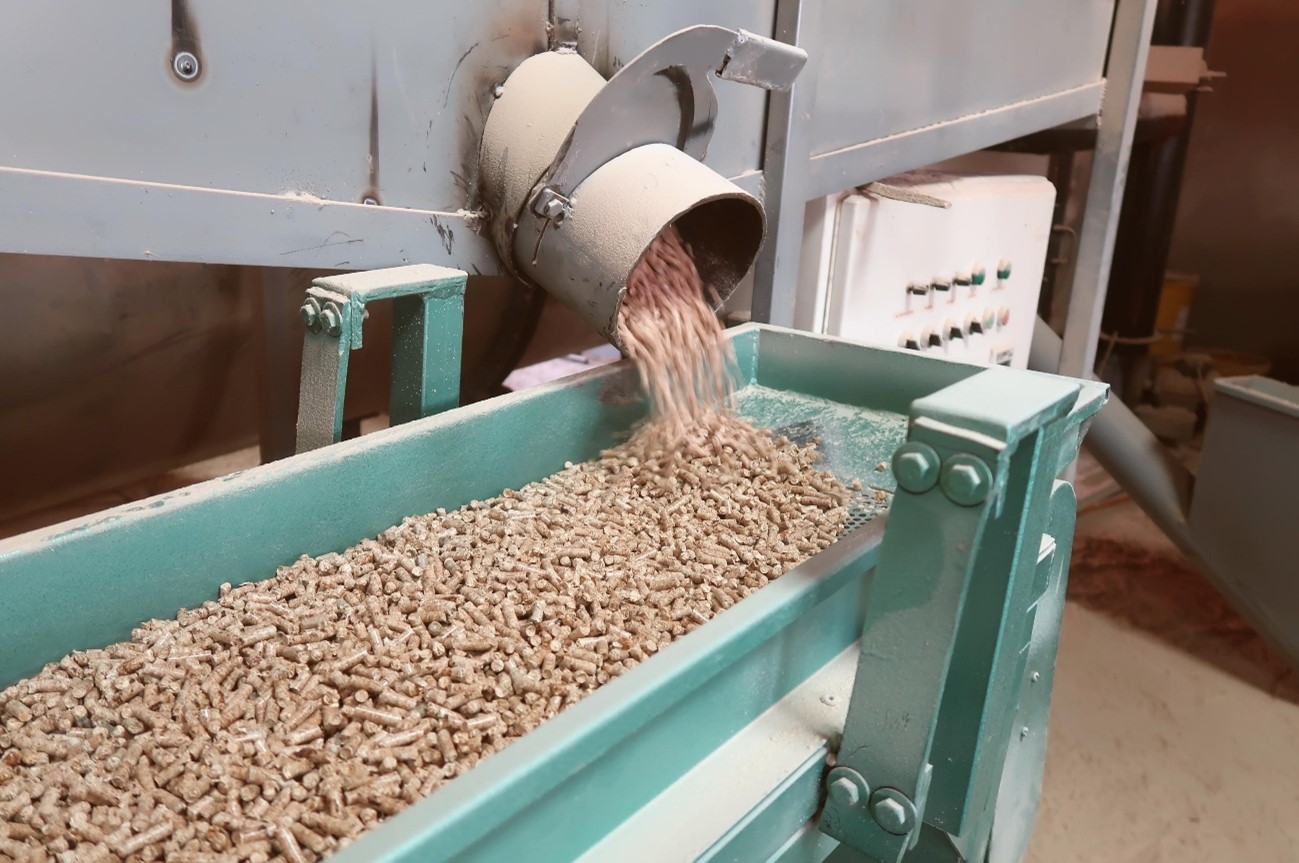Why Your Food Processing Plant Needs Specialty Lubricants. Now.
In the meticulous world of food processing, the smallest details can be the difference between a high-quality product and a recall nightmare. As maintenance managers, lubrication specialists, and purchasing managers know, not all lubricants are created equal.
Key Takeaways:
1. Specialized Need: Essential for food processing machinery. 2. Diverse Applications: Beverages to animal feed industries depend on specialty lubricants. 3. Rigorous Challenges: Lubricants designed to withstand high temperatures, moisture, contaminants, extreme pressures, and extended operation. 4. Safety & Compliance: Lubricants ensure machinery efficiency and compliance with safety standards. 5. Investment in Quality: The right lubricant ensures product quality and operational success.
Why Food-grade Lubricants Matter
Here's why choosing food-grade lubricants isn't just a good idea – it's an essential one for different types of food processing industries.

Food Industry: From bakery goods to dairy, machinery plays a pivotal role in every production step. Lubricants ensure these machines operate smoothly and without contamination.

Beverage Sector: Beyond quenching our thirst with drinks like juices or sodas, this sector relies heavily on equipment for bottling, transport, and mixing. The right lubricants ensure that these processes go off without a hitch.

Dairy Delight: Think of the vast array of dairy products, from milk to yogurt. Every drop and every ounce is processed using machines that require the best lubricants to function efficiently and hygienically.

Bakery & Sweet Treats: Those delicious pastries, bread, and candies? They come from processes like kneading, rolling, and molding, all of which demand high-quality, food-safe lubricants.

Animal Food: While these products aren’t for human consumption, quality and safety remain paramount. Effective and safe lubricants ensure that our pets and livestock get the best.
The Rigors of Food Processing:
In this challenging environment, lubricants face:
• High Temperatures: Whether it's baking or pasteurization, lubricants must endure and stay effective.
• Exposure to Liquids: Lubricants often meet water, juices, or oils. They must maintain their consistency and efficacy throughout.
• Particle Contamination: With the presence of dust, residues, or contaminants, a lubricant's ability to resist such factors becomes crucial.
• Heavy Duty Pressure: Equipment pressure is no joke. Lubricants should bear the brunt and still function effectively.
• Marathon Durability: Food processes aren’t short. Lubricants must stand the test of time, maintaining their quality across lengthy production periods.
Elevate Safety & Efficiency
From the morning toast to the evening dessert, the journey of food involves numerous processes, machines, and, importantly, the right lubricants. As the backbone of these processes, food-grade lubricants guarantee efficiency, safety, and compliance. If you're invested in the food industry's success, understanding, and choosing quality food-grade lubricants should be a priority.
Ready to make the switch to the best in food-grade lubricants? Check out our range of wide range of NSF approved specialty lubricants tailored for the food industry.
SHARE ARTICLE





Join our newsletter
Get the newest articles and be up to date on everything that happens on the lubrication world.